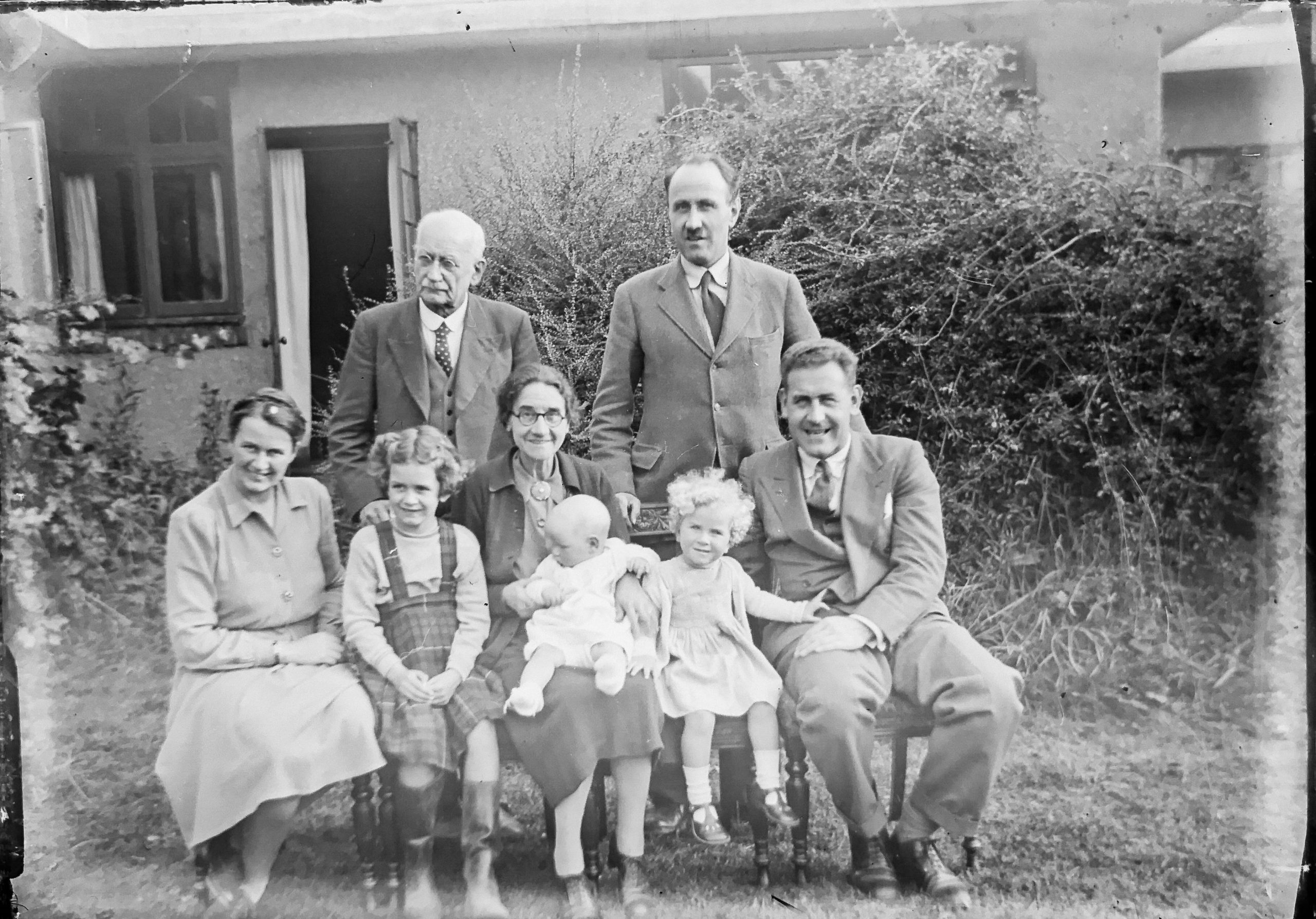Contesting a will is a complex and emotionally charged process that can lead to rifts among family members. The passing of a loved one is a difficult time for any family, and it can become even more challenging when disputes arise over the distribution of their estate. We’ve seen many famous examples of this from Michael Jackson, Aretha Franklin, and Whitney Houston. So what are the reasons people contest wills and how can you take proactive measures to prevent such disputes from happening within your family? Continue reading to learn more.
Why Do People Contest Wills?
Understanding the motivations behind will contests is crucial to preventing them. Several common reasons for contesting a will include:
- Lack of Capacity: Some may argue that the testator (the person who made the will) lacked the mental capacity to understand the nature and effect of their will.
- Undue Influence: Claims of undue influence can arise if someone believes that the testator was pressured, coerced, or manipulated into making certain provisions in the will.
- Forgery or Fraud: If there’s reason to believe that the will is fraudulent or that signatures were forged, a contest may occur.
- Disinheritance: When an heir or beneficiary is left out of the will, they may contest it, arguing that the omission was unintentional or due to undue influence.
- Improper Execution: For a will to be legally valid, it must be executed correctly. Contests can happen if the will’s execution doesn’t meet legal requirements.
Legal Grounds for Contesting a Will
Contesting a will is not a straightforward process and requires valid legal grounds. Here are the primary legal grounds for contesting a will:
- Mental Incapacity: To challenge a will on the grounds of mental incapacity, you must provide evidence that the testator was not of sound mind when they created the will.
- Undue Influence: To prove undue influence, you must demonstrate that someone exerted control over the testator, causing them to make decisions contrary to their wishes.
- Forgery or Fraud: If you have reason to believe that the will was forged or that fraudulent activities were involved in its creation, you can contest it.
- Improper Execution: If the will does not meet the legal requirements of your jurisdiction, it may be contested.
Preventing Family Estate Disputes
Contesting a will can be emotionally and financially draining for all involved. To prevent such disputes from tearing your family apart, consider the following steps:
- Consult with an Attorney: Consult an attorney experienced in estate planning and will preparation. They can ensure your will is executed correctly and help you anticipate potential issues.
- Transparent Communication: Be open and honest with your family members about your estate plans. Discuss your intentions and the reasons behind them. This transparency can prevent misunderstandings and disputes. For more help on how to talk to your family about your estate plan, click here.
- Regularly Update Your Will: Life circumstances change. Update your will when major life events occur, such as marriage, divorce, the birth of children or grandchildren, or changes in your financial situation.
- Appoint a Neutral Executor: Selecting a trusted, neutral executor can help maintain fairness and objectivity in the distribution of your assets.
- Keep Detailed Records: Document your decision-making process and the reasons behind your choices. This documentation can be crucial in demonstrating your soundness of mind and intent.
- Seek Mediation: If tensions arise within your family regarding your will, consider mediation to resolve conflicts amicably, rather than resorting to litigation.
Contesting a will is a complex and emotionally charged process that can strain family relationships. By understanding the reasons people contest wills, being aware of the legal grounds for contesting a will, and taking proactive measures to prevent disputes, you can reduce the likelihood of such conflicts arising within your family. Consulting with an attorney and maintaining transparent communication with your loved ones are essential steps in ensuring your wishes are carried out without complications. Need help in Illinois or Wisconsin? We can help.
Sign up for our newsletter to receive business updates and estate planning tips right to your inbox!
Like us on Facebook to keep up with new blog posts and daily tips!
Disclaimer: This article is intended to serve as a general summary of the issues outlined therein. While this article may include general guidance, it is not intended as, nor is a substitute for, qualified legal advice. Your review or receipt of this article by Lexern Law Offices, Ltd. (the “LLG”) or any of its attorneys does not create an attorney-client relationship between you and the LLG. The opinions expressed in this article are those of the authors of the article and does not reflect the opinion of the LLG.

